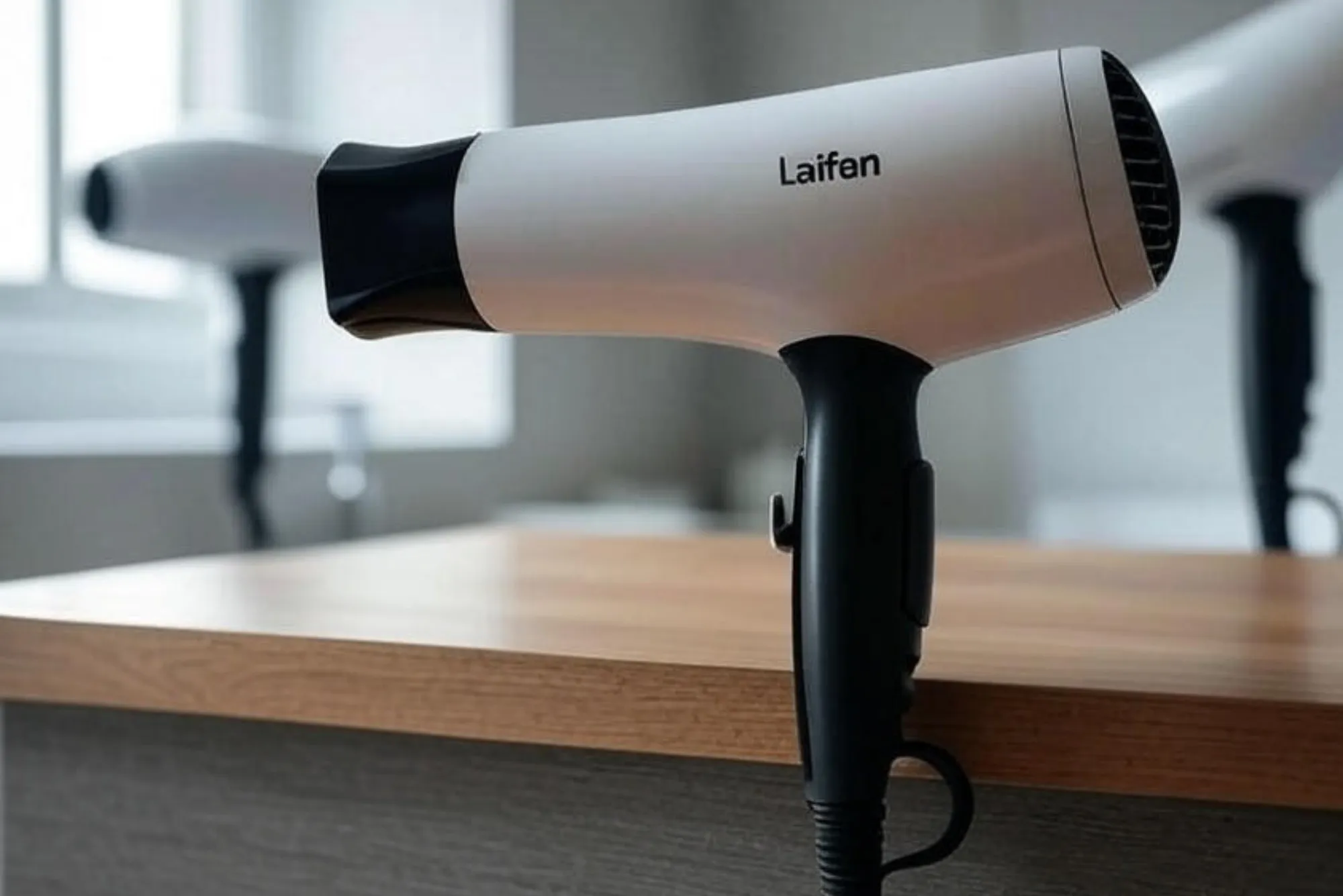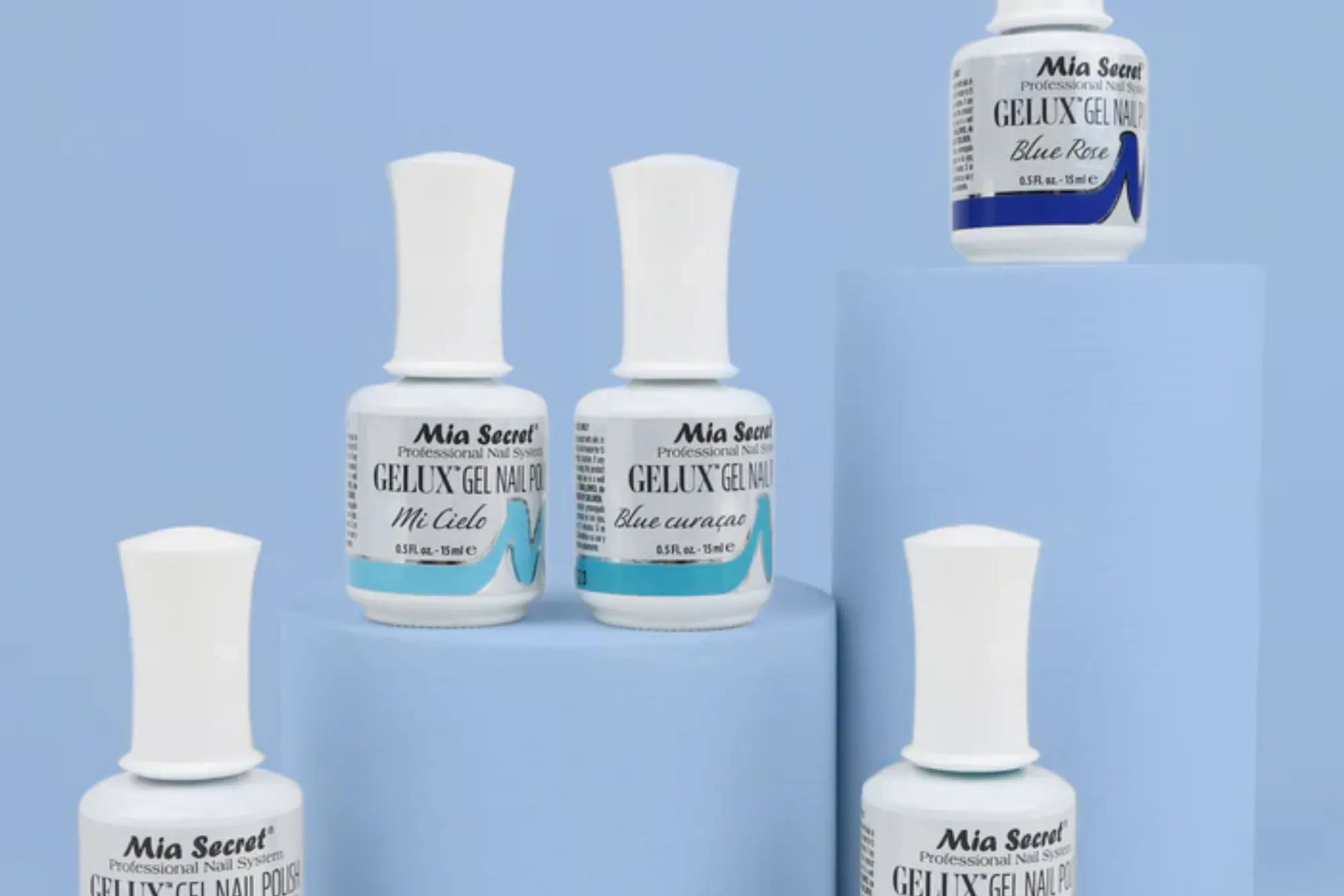Benign Prostatic Hyperplasia (BPH) is a common condition that affects men as they age, causing urinary symptoms such as frequent urination, weak urine flow, and nocturia. While medical treatments are available, many men seek natural ways to manage their symptoms. Lifestyle changes play a crucial role in improving BPH symptoms and enhancing overall prostate health. By adopting healthier habits, men can reduce discomfort and improve their quality of life.
Understanding BPH and Its Impact
BPH is the non-cancerous enlargement of the prostate gland, which can lead to bladder-related issues. As the prostate grows, it can press against the urethra, causing difficulty in urination. The condition is mainly influenced by hormonal changes, age, and genetics. While it is not life-threatening, untreated BPH can lead to complications such as urinary retention, bladder stones, and infections.
The Role of Diet in Managing BPH Symptoms
Foods That Support Prostate Health
A well-balanced diet plays a vital role in maintaining prostate health and reducing inflammation. Certain foods can help ease BPH symptoms by supporting urinary function and hormonal balance. These include:
- Tomatoes: Rich in lycopene, an antioxidant that may help reduce prostate enlargement.
- Green Vegetables: Spinach, kale, and broccoli contain essential vitamins and minerals that support prostate health.
- Fatty Fish: Salmon, mackerel, and sardines provide omega-3 fatty acids that help reduce inflammation.
- Pumpkin Seeds: High in zinc, which plays a crucial role in maintaining a healthy prostate.
- Berries: Packed with antioxidants that help protect prostate cells from damage.
Foods to Avoid
Certain foods can aggravate BPH symptoms and should be consumed in moderation. These include:
- Caffeine and Alcohol: These beverages can irritate the bladder and increase urinary urgency.
- Processed Foods: High in unhealthy fats and preservatives, which may contribute to inflammation.
- Red Meat: Studies suggest that excessive consumption of red meat may increase the risk of prostate issues.
The Importance of Hydration
Drinking plenty of water helps flush out toxins and supports urinary tract function. However, consuming large amounts of fluids before bedtime can worsen nocturia (frequent nighttime urination). It is advisable to spread water intake throughout the day and limit fluids in the evening.
Exercise and Physical Activity for BPH Management
Benefits of Regular Exercise
Physical activity can help manage BPH symptoms by improving blood circulation and reducing inflammation. Exercise also aids in maintaining a healthy weight, which is important since obesity has been linked to worsening BPH symptoms. Some of the best exercises for prostate health include:
- Walking and Jogging: Helps improve overall cardiovascular health and reduce prostate inflammation.
- Pelvic Floor Exercises (Kegels): Strengthens bladder control and reduces urinary urgency.
- Yoga and Stretching: Helps alleviate stress and improve flexibility.
- Strength Training: Promotes hormone balance and reduces excess fat, which can contribute to BPH symptoms.
Managing Stress for Prostate Health
Chronic stress can worsen BPH symptoms by increasing inflammation and hormonal imbalances. Stress management techniques such as deep breathing, meditation, and spending time in nature can help regulate the body’s response to stress. Engaging in hobbies and maintaining a positive social life also contributes to emotional well-being.
Sleep Hygiene and Its Role in BPH Management
A good night’s sleep is essential for prostate health. Men with BPH often experience nocturia, which disrupts sleep and affects overall health. To improve sleep quality, consider the following tips:
- Limit Fluid Intake Before Bed: Reducing evening fluid consumption can help minimize nighttime trips to the bathroom.
- Establish a Sleep Routine: Going to bed at the same time every night helps regulate sleep patterns.
- Reduce Caffeine and Alcohol: Both can interfere with sleep and irritate the bladder.
- Keep the Bedroom Cool and Dark: A comfortable sleep environment enhances restfulness.
Natural Supplements and Herbal Remedies
Certain supplements may help alleviate BPH symptoms and promote prostate health. Some widely used options include:
- Saw Palmetto: May help reduce prostate size and improve urinary function.
- Beta-Sitosterol: Found in plant-based foods, it supports healthy urinary flow.
- Pygeum Extract: Derived from African cherry tree bark, it is known to help with urinary symptoms.
- Vitamin D: Helps reduce inflammation and supports immune function.
Before using supplements, it is advisable to consult a healthcare professional to ensure safety and effectiveness.
Exploring BPH Treatment Options
For those seeking medical intervention, various BPH treatment options are available, ranging from medication to minimally invasive procedures. Lifestyle changes can complement these treatments, helping improve results and manage symptoms effectively.
Medical Management and the Best Medicine for BPH
In cases where lifestyle modifications alone are insufficient, medication may be necessary. Doctors may prescribe alpha-blockers, 5-alpha reductase inhibitors, or combination therapy to help relieve symptoms. Choosing the best medicine for BPH depends on the severity of symptoms and a patient’s overall health. Consulting a urologist for personalized treatment is essential.
For more health-related insights and wellness tips, visit Light Grazing. Stay informed on natural remedies, healthy habits, and expert advice to improve your well-being.










